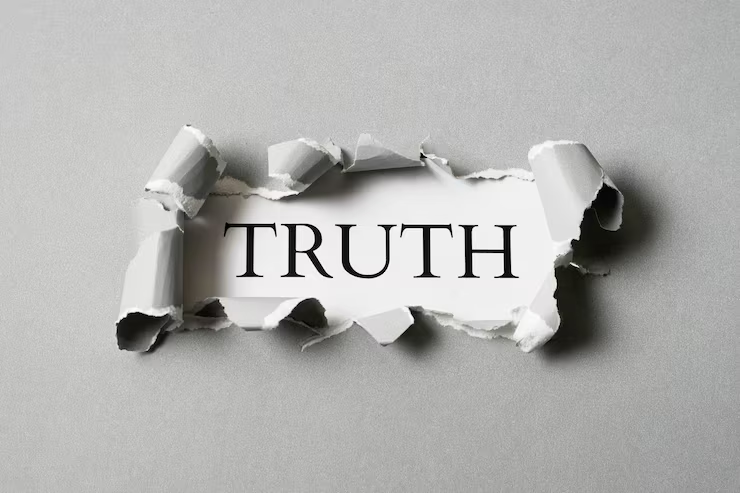***
Gospel: Mark 1:40-45
A leper came to him and kneeling down begged him and said,
“If you wish, you can make me clean.”
Moved with pity, he stretched out his hand,
touched the leper, and said to him,
“I do will it. Be made clean.”
The leprosy left him immediately, and he was made clean.
Then, warning him sternly, he dismissed him at once.
Then he said to him, “See that you tell no one anything,
but go, show yourself to the priest
and offer for your cleansing what Moses prescribed;
that will be proof for them.”
The man went away and began to publicize the whole matter.
He spread the report abroad
so that it was impossible for Jesus to enter a town openly.
He remained outside in deserted places,
and people kept coming to him from everywhere.
The Gospel of the Lord.
***

***
This man healed from leprosy was quite the salesman!
The Gospel tells us that he was so effective in telling others about Jesus that the Lord couldn’t even reach the edge of town without being bombarded by the sick, the paralyzed, and the possessed.
Everyone wanted the healing and the joy this man received.
***
I’m sure we’ve all acted like him before.
Think about how you reacted the day you got engaged; the day you had your first child or grandchild; the day you got into your dream school; or landed the perfect job.
When good things happen to us, we simply have to share it; it’s part of being human. Being healed by Jesus was no different for this leper.
Although the Lord commanded him not to tell anyone, his life was forever changed. How could he keep it a secret?
***
Have we had that same type of experience with faith? Has Jesus changed us so radically that we can’t help but tell others?
It could’ve been a moment of conversion when you felt God’s presence; when the Lord answered a long-awaited prayer; or just the consistent deepening of your faith that brings you daily peace.
***
This was how the Good News of the Gospel first spread – and how it continues spreading today – through ordinary people like us whose lives have been touched by grace. Suddenly, our joy becomes contagious.
But, unlike leprosy, Christianity doesn’t poison the body or community.
It renews it.
Haven’t we experienced that first-hand in our beloved parish?
***
In what ways might we share our love for Jesus with someone else today?
***

***
Image credits: (1) Oceans in the Desert (2) Independent Catholic News (3) Sharing is Caring, Facebook








